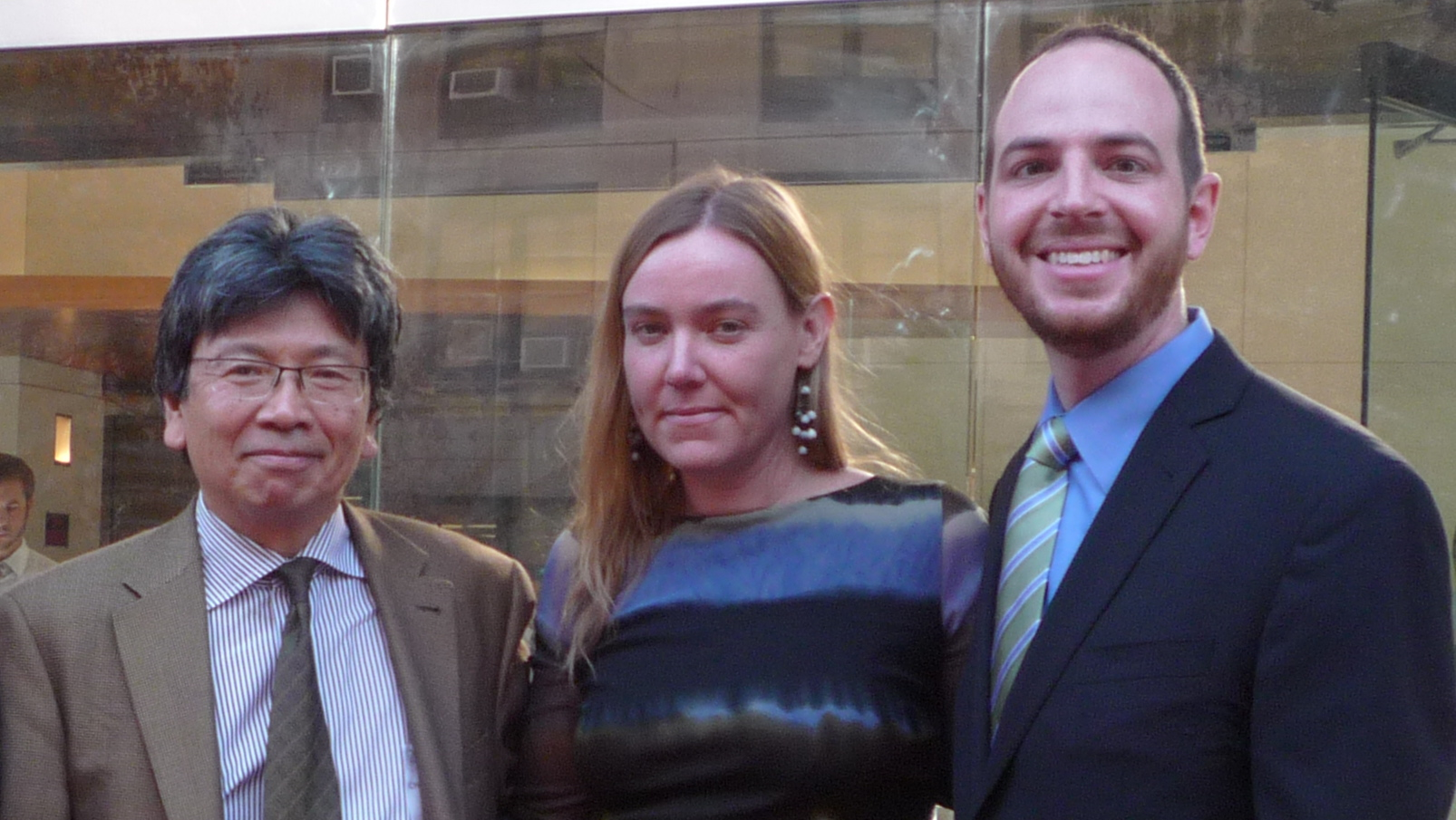“Despite Canada’s assurances that there is good policy, we continue at the commission to see a number of very, very serious human rights violations occurring in the region,” said Commissioner Rose-Marie Antoine for the Inter American Human Rights Commission (IACHR) in Washington this week.
Alluding to complaints the IACHR has received about serious harms to the lives, lands, water, health, living environments and livelihoods of mining-affected communities in connection with the operations of Canadian mining operations in Latin America and the Caribbean, she continued, “You have policies like the CSR [strategy], but we see the cracks in the policy at the other end of it, […] the human face.”
Antoine’s comments came in response to representatives of Canada’s Permanent Mission to the Organization of American States (OAS) who presented at a hearing: “Canada: Impact of Canadian mining companies in Latin America.” Canada tried to defend its Corporate Social Responsibility (CSR) Strategy for the overseas mining sector, falsely stating that it was developed based upon broad consultation with civil society and other sectors, and emphasizing that “Canada prefers voluntary mechanisms.”
Antoine was not sold, however: “On one hand, I heard you say we promote human rights. But it’s a hands-off approach [when there are harms]: [Canada] takes no responsibility and this has everything to do with the other state.” She urged Canada to stop taking such a narrow, legalistic approach to defining the scope of its responsibility, if it really cares about human rights and wants to be a leader.
Presentations from MiningWatch Canada, the Justice and Corporate Accountability Project (JCAP) at Osgoode Hall Law School, and the Canadian Centre for International Justice (CCIJ) demonstrate that the cracks observed by the IACHR are in fact indicative of a gaping abyss for mining-affected communities who seek redress for mining abuses and who are calling for solidarity with their struggles, increasingly, to protect lands and water supplies before mining starts.
Professor Shin Imai from JCAP outlined how not one of the many CSR instruments that the Canadian government purports to encourage Canadian companies to adopt provides any means for affected communities to obtain redress for damages done. The lengthy CSR reports that some mining companies produce neither prevent harm nor deal with serious abuses arising, they literally paper over the issues, he said. Bluntly put, he concluded: “Profits do not respect borders. We’re getting profits in Canada, but when human rights violations [occur], it’s their problem, not our problem.” We would never think of regulating highway traffic on the honour system, he argued, so why would we think this is appropriate for such a highly destructive mining industry?
Matt Eisenbrandt, Legal Director at CCIJ, observed that the only vehicle available for redress in Canada is through civil lawsuits. He relayed optimism about potential outcomes of current lawsuits in Ontario against HudBay Minerals and in BC against Tahoe Resources for negligence in connection with violent crimes at mine sites in Guatemala. Further, he noted, these claims incorporate alleged violations of the companies’ own CSR commitments. Nonetheless, he added, such cases are lengthy and only a few law firms in Canada are willing to assume the risks they entail, not least of all because many have a conflict of interest, given that they have mining industry clients.
MiningWatch stressed that the problem goes beyond lack of redress and that Canada must prevent harms from ocurring in the first place. This is fully within Canada’s power to do: one need merely contrast the Canadian state’s hands-off approach in terms of harms done with its very hands-on manner of enabling and defending the interests of Canadian mining companies through thick and thin, despite the industry’s short term interests and long term impacts on affected communities.
One example, now well-documented, pertains to the Canadian Embassy in Mexico and its efforts to first enable and then defend Blackfire Exploration’s conflict-ridden barite mine in Chiapas. There are many more examples and bound to multiply, particularly now that the Canadian government has made it policy to channel 100% of its diplomatic corps to back private interests, something it calls ‘economic diplomacy’. And this is just one of the ways that the Canadian state supports Canadian mining companies, even when communities and workers bring complaints and when there are serious questions regarding the legitimacy, legality and compatibility of their operations and this extractive model with the rights of Indigenous and non-Indigenous communities in the region.
Ultimately, the hearing raised more questions for the IACHR than it answered, in particular because the Canadian state delegation opted not to use its final five minutes for rebuttal, preferring to submit a detailed reply in writing at a later date.
We await the opportunity to scrutinize their response and look forward to reviewing the IACHR’s recommendations for addressesing the extraterritorial obligations of states of origin of transnational corporations in its forthcoming report on natural resources and Indigenous peoples.
See the hearing here.
Read the Canadian Network on Corporate Accountability’s report to the IACHR here.
